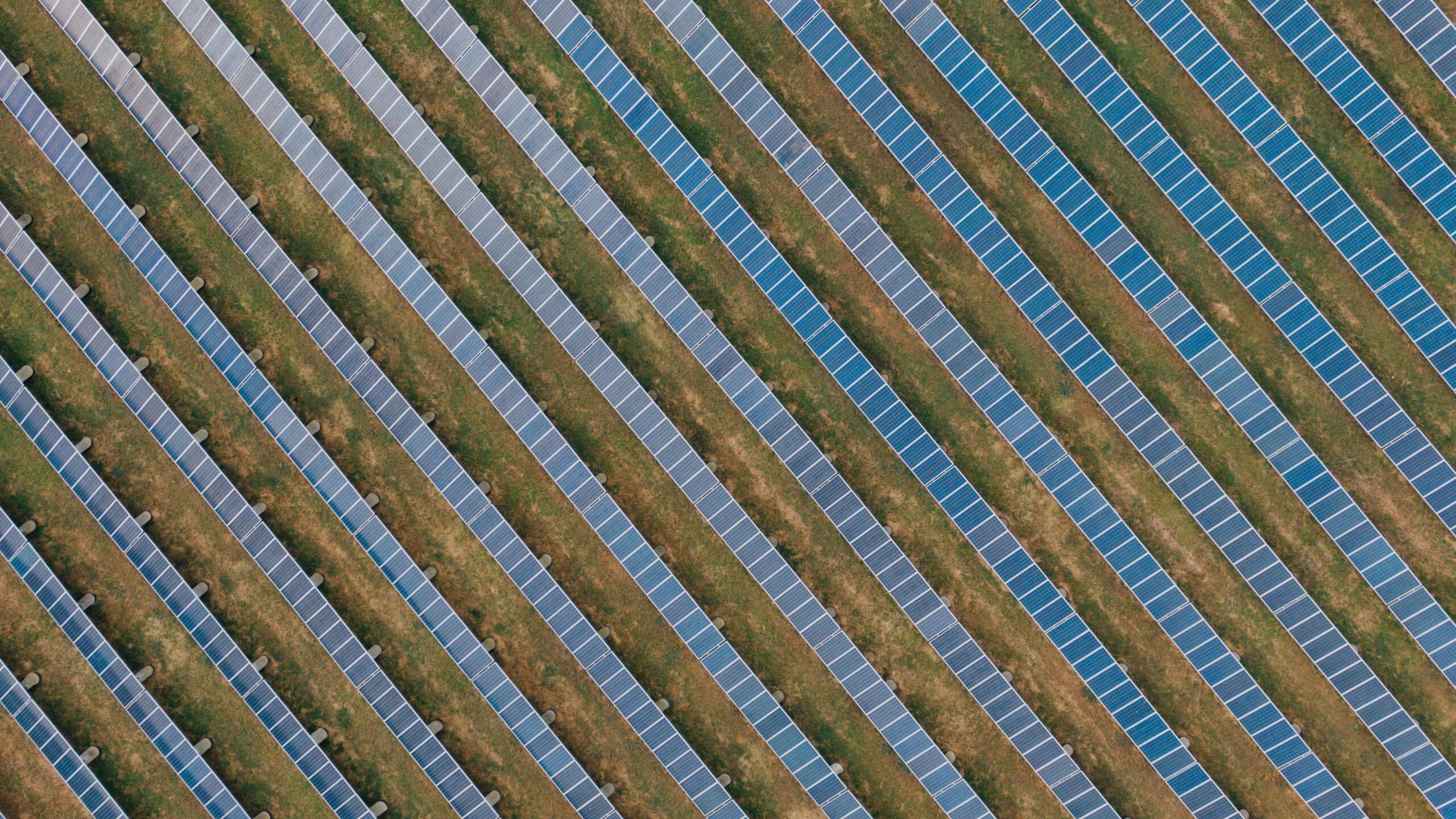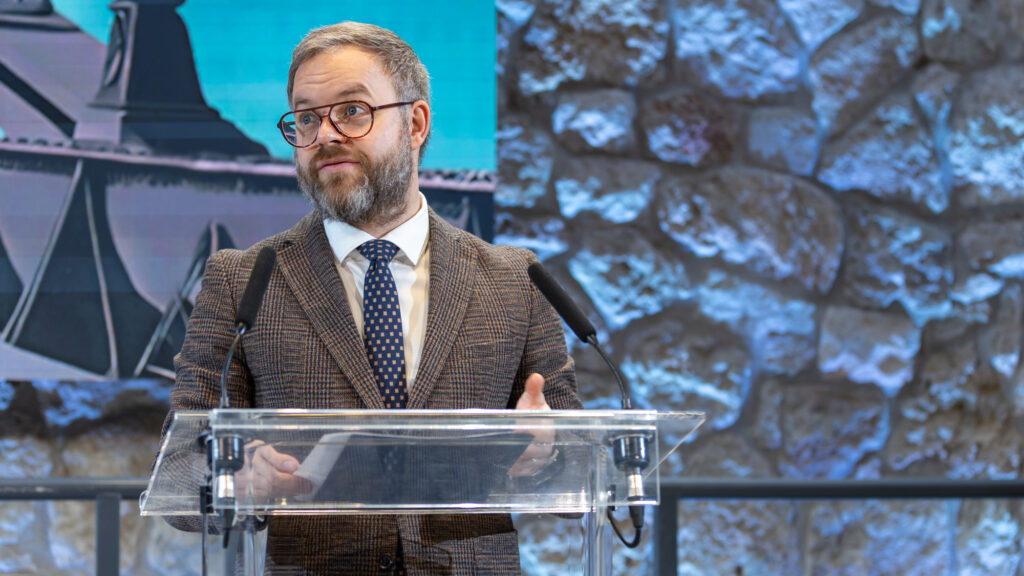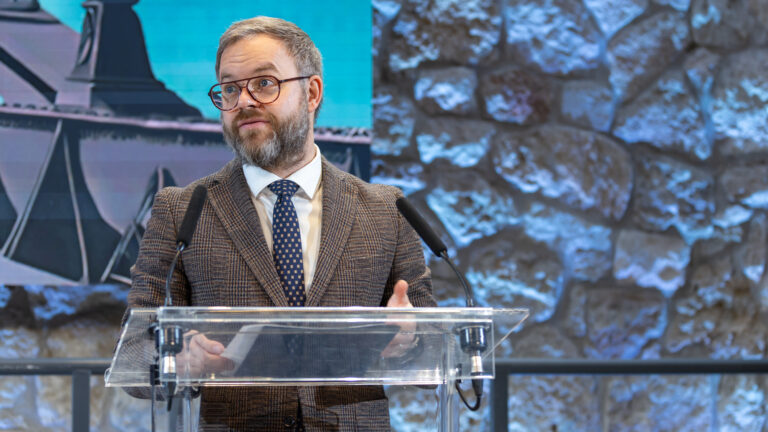BMW is building the largest solar power plant in Hungary within the BMW Group in Debrecen, further affirming Hungary’s position as a global leader in the green economy, Minister of Foreign Affairs and Trade Péter Szijjártó announced during a site visit on Tuesday.
According to a statement from the Ministry of Foreign Affairs and Trade, Szijjártó spoke at the groundbreaking ceremony of the solar park by BMW Manufacturing Hungary Ltd, noting that the photovoltaic system, spanning an area equivalent to 71 football fields, will be the largest within the BMW Group, and the largest industrial solar power plant in Hungary.
‘And if I understand correctly, E.ON has rarely built a solar power park of this size before. The collaboration between two German companies and Debrecen, Hungary, is once again producing such an accomplishment that it rightfully deserves a place in next year’s edition of the Guinness World Records,’ he said. He emphasized that Hungary has secured a leading global position in the future green economy, which, according to him, rests on two main pillars: the transition to electric transportation and the decarbonization of energy production.
‘These are two areas where Hungary is a leader even in global comparison, and I think it is most fitting to say this here in Debrecen,’ he remarked. ‘After all,
Europe’s most prestigious automotive companies manufacture their electric motors and cars here in Hungary.
And here in Hungary, the largest electric battery manufacturers produce the batteries, without which there would be no electric cars,’ he pointed out. ‘Furthermore, industry in Hungary is increasingly building and utilizing solar power plants. BMW and Hungary are jointly building a modern, sustainable, and green future here in Debrecen,’ he asserted. In a Facebook post the minister remarked that it is Debrecen where ‘the coolest records of all’ are achieved.
15K views · 745 reactions | Debrecenben a legmenőbb rekordok születnek | Debrecenben a legmenőbb rekordok születnek | By Szijjártó PéterFacebook
Debrecenben a legmenőbb rekordok születnek
‘In just a few months, the first cars built on BMW’s purely electric platform will roll off the production lines here, and this solar power park will supply more than a quarter of the energy needed for production,’ he added. Péter Szijjártó emphasized that ‘the Hungarian government will continue to make every necessary decision to ensure that BMW looks back on its decision to invest near Debrecen as the best decision in the company’s history.’ ‘We strive to make decisions that benefit BMW, Hungary, Debrecen, and the people of Debrecen,’ he continued. He also highlighted that this is why the government has already decided on approximately 400 billion forints worth of infrastructure developments.
‘Whether it’s rail or road development, the modernization of water utilities, the construction of an international school, the development of the university or the vocational training centre, all are part of this effort,’ he listed. ‘The cooperation between BMW and Debrecen has led to Debrecen becoming one of the most developed cities in the Central European region.
Debrecen has become one of the most attractive investment centres in Central Europe
and can confidently be called one of the European hubs of the new global automotive industry,’ he declared.
The minister also touched on the severe global challenges of our time, which are also felt in Hungary. However, he believes that Hungary has still performed exceptionally well in recent years.
He elaborated that soon all three German premium car brands will have factories in Hungary, while the country will also host the world’s second-largest electric battery manufacturing capacity. He added that the automotive industry’s production value exceeded 13 trillion forints last year, and for the past six years, Hungary has been among the world’s top twenty automotive exporters. He equally highlighted the significant achievement that all this was accomplished while continuously reducing emissions, made possible by expanding green energy capacities.
There are currently 278,000 household and nearly 3,500 industrial solar power plants operating in Hungary. ‘We had planned that Hungary’s solar energy capacity would reach 6,000 megawatts by 2030. However, we have already reached 6,700 megawatts,’ Szijjártó announced.
Related articles:








